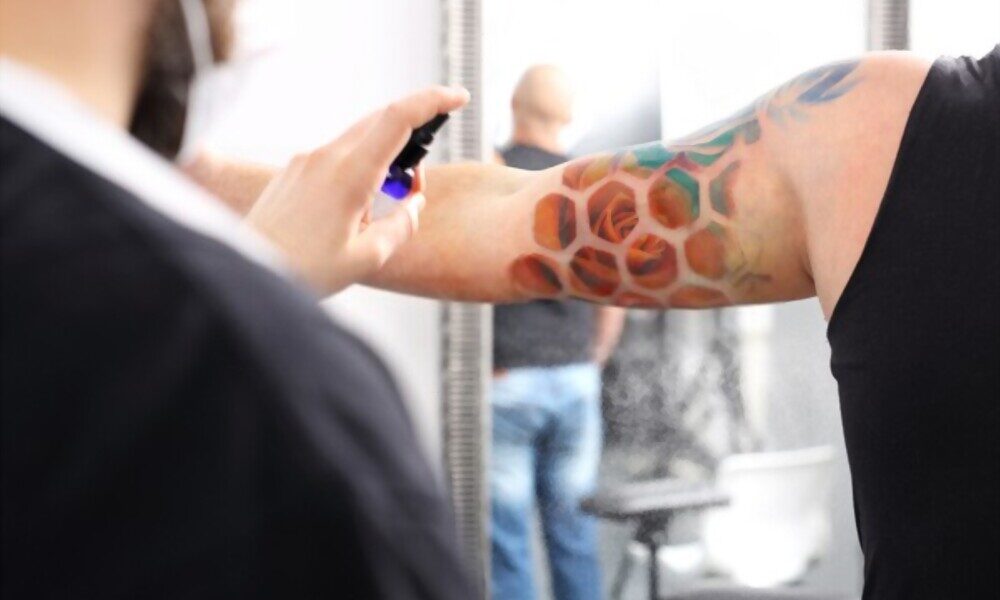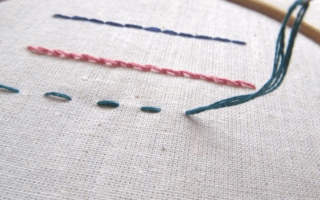Did you just get a tattoo or are you about to get one? Much more than a fashion, tattooing is above all an art, and even for some, an art of living! Whether this is your first tattoo or you are already a regular, there are a few rules to take care of your tattoo from day one. You finally decided to get a tattoo that you would live with your whole life, determined the design, did extensive research to find a talented tattoo artist, and dared to endure hours of a needle sticking in your flesh. Well, now what? If you want it to be vibrant and not to fade, you must pay attention and consider taking some essential steps to maintain and make your tattoo look even brighter and expressive.
Following are the best ways to maintain the shine and beauty of your tattoos over the years:
Keep it Clean
The most important thing is to keep the new tattoo tidy and clean. Although it is a wound and strictly prone to infection, it is easy to avoid this problem completely. Be sure to wash your hands thoroughly and never put new ointment on old layer. Only touch the tattoo when you or someone else is washing the tattoo or applying ointment.
Moisturize and Hydrate
In most skin care treatments, hydration is essential. This is a simple but very effective step to keep the tattooed skin healthy. In almost all cases, the tattoo artist will send home care instructions, including the use of moisturizers or ointments to help the healing process. This is very important for the healing of tattoos. For fresh tattoos, it can remove dead skin, keep the skin smooth and soft, and eliminate itching, dryness and flaking. Hydration can also prevent the tattoo from tearing, which is painful and detrimental to the end result. A healthy, uncompromising skin barrier provides bright colors and details for a completely healed tattoo.
Exfoliate
After healing, exfoliate your tattooed skin frequently. You may be worried that your skin will tear off the ink. Peeling removes only the top layer of the skin. Your tattoo is imprinted beneath this. Peeling removes dead skin cells. These dead cells cause peeling, which can lead to discoloration and flaking of the tattoo. After removing the dead cells, healthier and fresher skin will appear underneath. You will find that the colors on the tattoo are more vivid. You will also find that the peeled skin feels softer and smoother.
Protect your tattoo from the sun-rays
Whether you get a small tattoo by an ankle tattoo maker or a large one, tattoos should be carefully protected from the sun. Contact of UV rays on freshly tattooed skin leads to an increased risk of inflammation or allergy. Avoid direct sun exposure for up to six weeks after the tattoo session. Protect yourself by applying a sun protection cream. Even if you have darker skin tone, choose a sunscreen or sun spray with a very high sun protection factor (SPF 50+) for your tattoo.
During healing, exposure to the sun is completely prohibited for a month, as is bathing in the sea or swimming pool as well as sauna sessions. These activities can damage your tattoo and prevent healing from occurring properly. It is generally not recommended that you get a tattoo in the summer or on vacation to avoid being tempted by these kinds of activities. Regarding sport, it is also strongly recommended not to practice it during the two to three weeks following your session. Indeed, the skin needs to rest to heal properly and the efforts made during sports sessions may lead to tightness on already painful skin.
Drink plenty of water
This may seem obvious, but many people often forget that water is an important source of skin nutrition. Water can nourish and regenerate skin cells. It will reduce the appearance of fine lines, wrinkles and dullness. Dry skin can lead to dryness, which is a bad environment for tattoo treatment. Getting enough water allows you to remove toxins, regenerate cells and perform all unhindered functions and keep you away from infectious bacteria. It also regulates blood flow and circulation, making your skin healthy and natural.
Conclusion
Finally, a tattoo requires a continuous protection throughout the years. Well hydrated skin will generally be preferable. In addition, exposure to the sun can have irreversible consequences on a tattoo. If UV exposure is to be avoided during healing, care should be taken to apply a dedicated sunscreen to a tattoo during the periods when our skin will be most exposed to UV. By taking this precaution when facing the sun, people can prevent the lines from blurring, the colors becoming dull, and the blacks turning blue or green. Protecting your tattoo from the sun by covering yourself up and using suitable protection will be the best way to limit the effects of UV rays.




